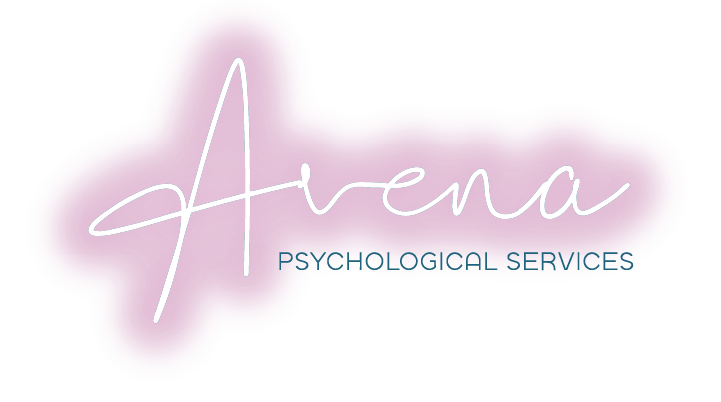Substance abuse is a pervasive issue that affects individuals, families, and communities worldwide. It relates to the misuse of drugs or alcohol, leading to negative physical, psychological, and social consequences. Understanding the risk factors that contribute to falling victim to substance abuse is crucial in addressing and preventing this complex problem.
Here are some key risk factors for falling victim to substance abuse:
- Genetic Predisposition: A family history of substance abuse increases the risk of developing addiction. Genetic factors can influence how individuals respond to drugs or alcohol, making them more vulnerable to dependency.
- Environmental Influences: Growing up in an environment where substance abuse is prevalent, such as a family or community with high drug or alcohol use, increases the likelihood of falling victim. Exposure to substance use at an early age normalizes and reinforces risky behaviors.
- Mental Health Conditions: Individuals with mental health disorders, such as depression, anxiety, or trauma-related disorders, are more susceptible to substance abuse. Some may turn to drugs or alcohol as a form of self-medication to alleviate emotional pain or distress.
- Peer Pressure: Peer influence plays a significant role in substance abuse. Being surrounded by peers who engage in substance use can lead to experimentation and increased risk of developing a dependency. The desire to fit in or seek social acceptance can override better judgment.
- Lack of Social Support: Limited social support systems, weak family bonds, or a lack of positive relationships can contribute to a higher risk of substance abuse. The absence of a support network may lead individuals to seek solace or escape through substance use.
- Accessibility: Easy access to drugs or alcohol increases the likelihood of substance abuse. Individuals living in environments with high availability and low regulation of substances are at greater risk of falling victim.
- Stress and Trauma: High levels of stress or experiencing traumatic events can be precursors to substance abuse. Substance use may initially be a coping mechanism to numb or escape emotional pain, but it can quickly develop into dependency.
- Lack of Education and Awareness: Limited knowledge about the risks and consequences of substance abuse can make individuals more susceptible. Lack of awareness regarding healthier coping strategies or the resources available for seeking help can contribute to the risk.
Understanding these risk factors is crucial for prevention and intervention efforts. By addressing these underlying factors, such as promoting mental health support, fostering positive social environments, and providing education on substance abuse, we can reduce the likelihood of individuals falling victim to substance abuse.
It is important to remember that addiction is a complex issue, and support and compassion are essential when helping individuals on their path to recovery.
Contact us to schedule an appointment with a professional in New York or New Jersey.

